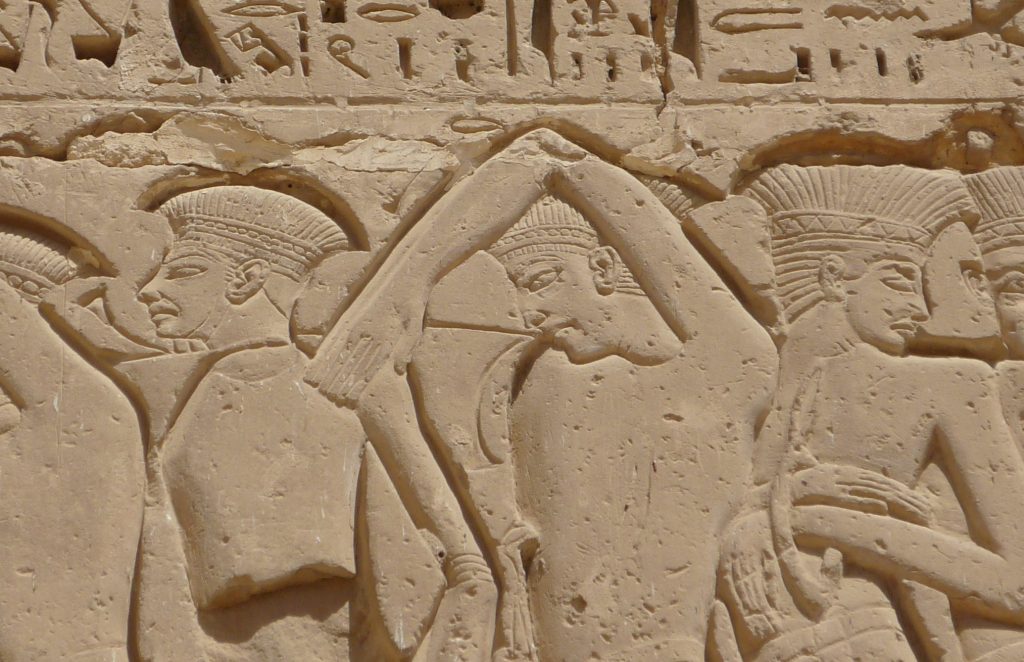The ACOR Video Lecture Series provides accessible discussions of new research into the past and present of Jordan and the broader Middle East and Eastern Mediterranean worlds. This video was adapted from the May 2017 public lecture delivered by Dr. Timothy Harrison, Professor of Near Eastern Archaeology at the University of Toronto.
Please note that the recording volume of this lecture is very low.
For best audio performance, please listen to the lecture with headphones.
About the Lecture:
Recent archaeological investigations and an expanding corpus of epigraphic finds have begun to challenge the prevailing view of the Early Iron Age (ca. 1200-900 BCE) as an era of cultural and political disruption and ethnic strife in the eastern Mediterranean, as depicted in the Homeric epics and the Hebrew Bible. The University of Toronto excavations at Tell Tayinat on the Plain of Antioch have discovered evidence for a powerful regional state associated with ‘the Land of Palistin’, comprised of an intriguing amalgam of Aegean, Anatolian (Luwian) and Bronze Age West Syrian cultural traditions. Palistin resurfaces in ninth century Neo-Assyrian sources as the Neo-Hittite Kingdom of Patina, and is eventually destroyed in 738 BCE by the Neo-Assyrian empire builder Tiglath-pileser III, who transforms Tayinat into an Assyrian provincial capital.
About the Lecturer:
 Timothy Harrison is Professor of Near Eastern Archaeology in the Department of Near and Middle Eastern Civilizations at the University of Toronto and visiting professor at the American University of Beirut (2016-2017).
Timothy Harrison is Professor of Near Eastern Archaeology in the Department of Near and Middle Eastern Civilizations at the University of Toronto and visiting professor at the American University of Beirut (2016-2017).
Timothy Harrison currently directs the Tayinat Archaeological Project on the Plain of Antioch in southeastern Turkey. He earlier directed excavations at the Bronze and Iron Age site of Tell Madaba in Jordan. He has worked extensively in Jordan and Turkey. His doctoral studies focused on the Early Bronze Age in the Highlands of Central Jordan. He earned a Ph.D. in Near Eastern Archaeology from the University of Chicago in 1995.
In 2012, he launched the CRANE Project (Computational Research on the Ancient Near East), an international consortium of projects that form part of a broader, regional research effort that seeks to shed light on the rise of early complex societies in the eastern Mediterranean region. Professor Harrison served as President of the American Schools of Oriental Research (ASOR), the leading international professional association dedicated to the study of the cultures and history of the Middle East, between 2008 and 2013.

